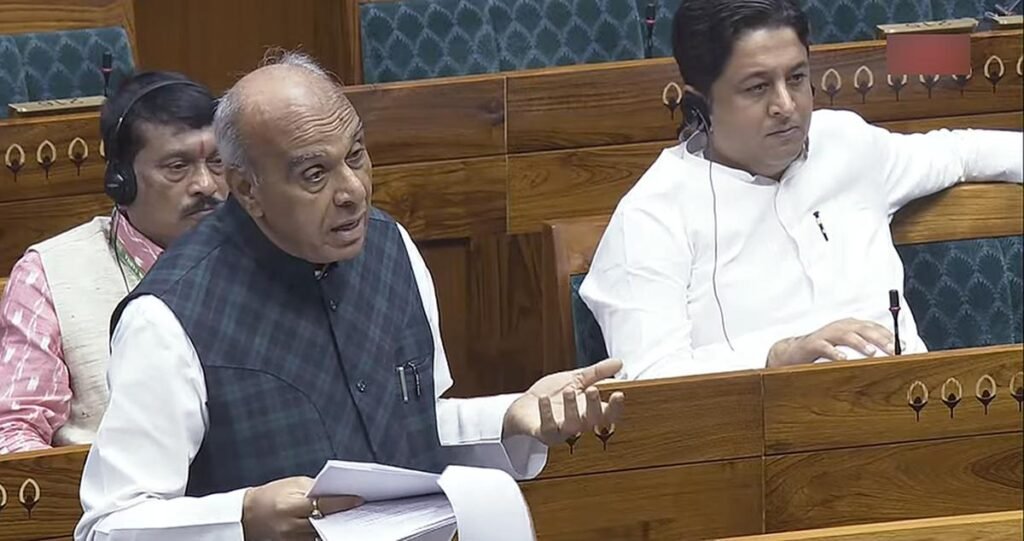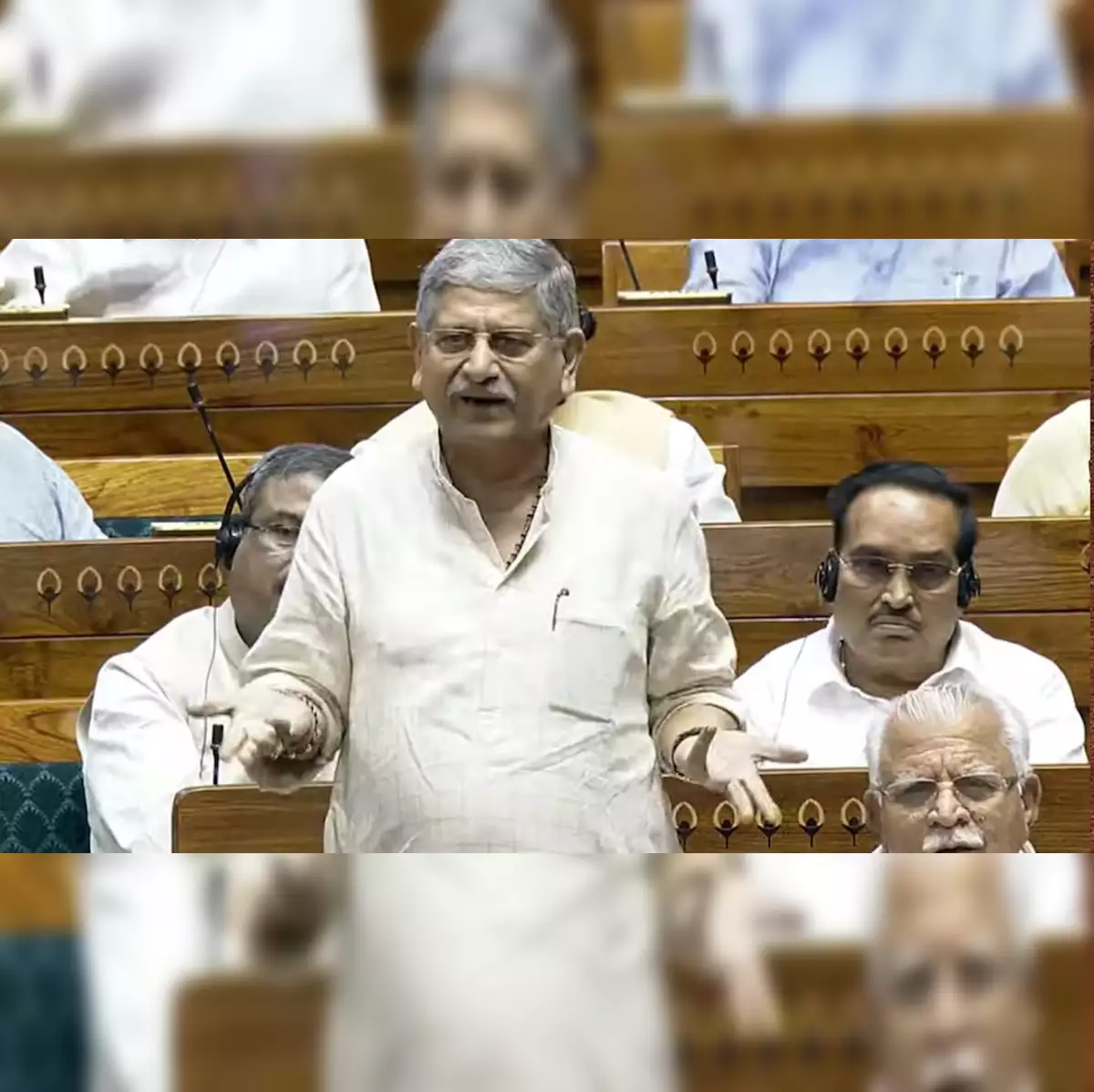Table of Contents
The proposed amendments to the Waqf Act have ignited a fierce debate within the Joint Parliamentary Committee (JPC), with opposition MPs raising significant objections. The Waqf Amendment Bill, introduced by the government, has been met with skepticism and concern by various political parties, who argue that the changes could undermine the rights and autonomy of Waqf properties in India.
Opposition’s Objections to the Waqf Amendment Bill
The Waqf Amendment Bill has been a contentious issue ever since it was brought before the JPC. Opposition members have expressed strong reservations, questioning the intent and implications of the proposed changes. One of the primary concerns is that the amendments could centralize control over Waqf properties, potentially allowing for misuse of power and undermining the autonomy of Waqf boards.

Several opposition MPs argued that the amendments could lead to increased government interference in the management of Waqf properties, which are traditionally administered by community-appointed boards. This interference, they fear, could erode the trust between the government and minority communities, leading to further alienation.
Key Amendments Under Scrutiny
The proposed amendments to the Waqf Act include several key changes that have drawn criticism. One of the most debated aspects is the government’s power to declare certain Waqf properties as public utility properties, which could open them up for acquisition and redevelopment. Critics argue that this could lead to the loss of valuable community assets and cultural heritage sites.

Additionally, the amendments propose stricter regulations on the sale and transfer of Waqf properties, requiring approval from the central government. Opposition MPs have pointed out that this could lead to bureaucratic delays and hinder the effective management of Waqf assets, which are often used for charitable and religious purposes.
Another contentious issue is the proposed provision allowing the government to appoint a special officer to manage Waqf properties in cases of mismanagement or dispute. Opponents of the bill argue that this could be used as a tool for political control, particularly in states with significant Waqf holdings.
Government’s Justification and Response
In response to the opposition’s objections, government representatives have defended the amendments as necessary for the better management and protection of Waqf properties. They argue that the current Waqf Act has several loopholes that have been exploited, leading to the illegal sale and mismanagement of Waqf assets.
The government has also emphasized that the amendments are aimed at ensuring transparency and accountability in the administration of Waqf properties. By centralizing certain powers, the government believes it can prevent corruption and ensure that Waqf properties are used for their intended purposes, such as education, healthcare and community welfare.
Political and Social Implications
The debate over the Waqf Amendment Bill is not just a legal issue but also a deeply political one. Waqf properties hold significant cultural and religious importance for India’s Muslim community and any changes to their management are likely to have wide-reaching implications.
Opposition parties have accused the government of trying to weaken the autonomy of Waqf boards as part of a broader agenda to centralize control over minority institutions. This, they argue, could lead to further marginalization of minority communities and exacerbate social tensions.
The controversy surrounding the Waqf Amendment Bill has also sparked concerns among civil society groups and legal experts. Many have called for a more inclusive and transparent process in drafting the amendments, with greater input from stakeholders and community leaders.
Conclusion
The Waqf Amendment Bill remains a hotly debated topic within the Joint Parliamentary Committee, with opposition MPs and civil society groups raising serious concerns about the potential implications of the proposed changes. As the government defends the bill as a necessary measure for better management and protection of Waqf properties, the debate is likely to continue, with the outcome having significant implications for the management of Waqf assets and the broader relationship between the government and minority communities in India.
Sources: India Today, The Hindu,
To Get The Latest News Updates Click Here
